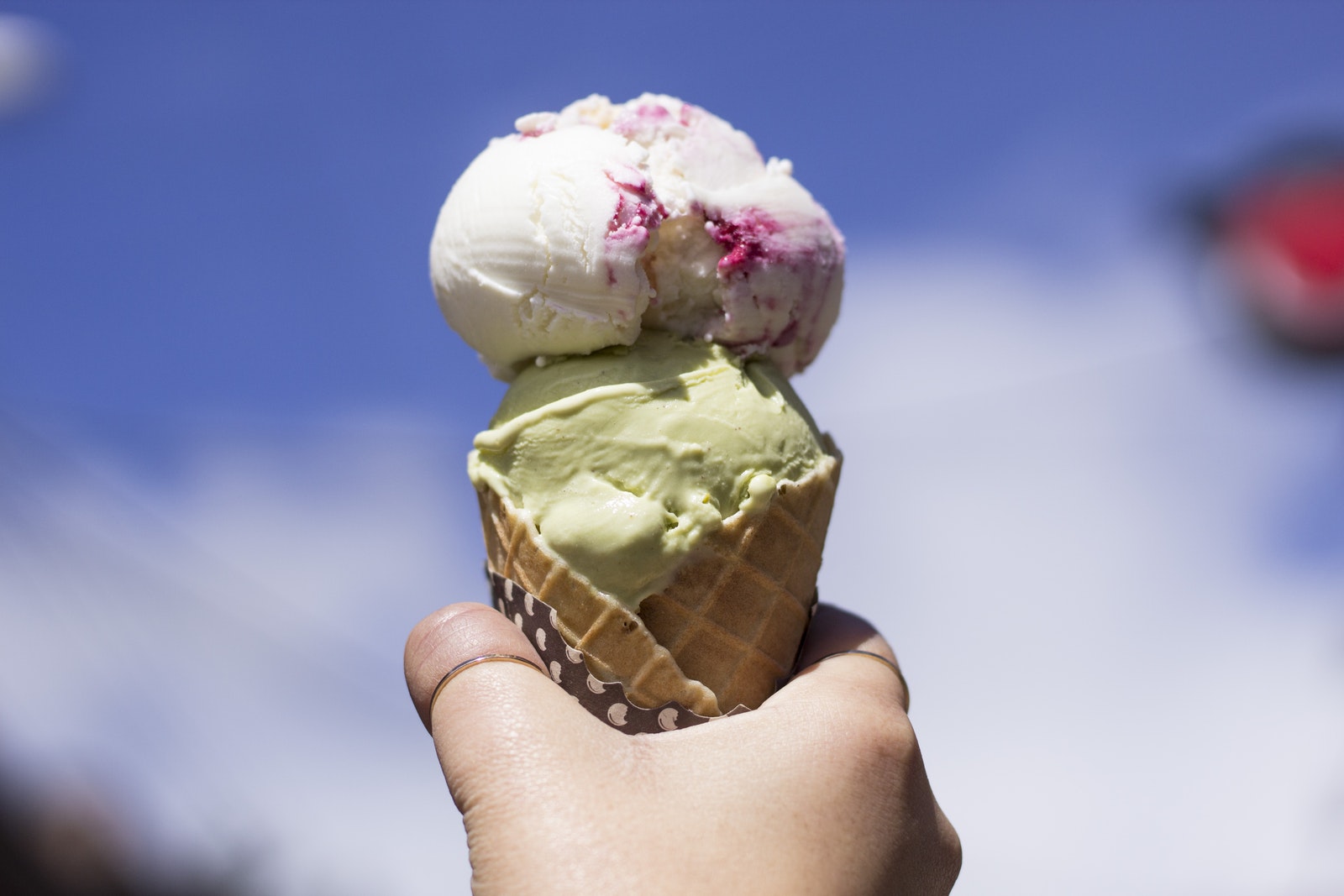OPINION
Ben Terangi
Ben Terangi is a freelance journalist writing from Milwaukee.
Popular ice cream company Ben & Jerry’s served up a delicious dose of irony last week.
The Vermont-based brand used the United States’ national holiday, July 4th, to tweet their belief that “stolen” land should be returned to Indigenous tribes. Ben & Jerry’s proceeded to fall silent when a local chief suggested they make good on their pledge by returning their Burlington headquarters to Abenaki Nation ownership.
“This 4th of July, it’s high time we recognize that the US exists on stolen Indigenous land and commit to returning it,” the woke company wrote last Tuesday morning, in a tweet that has since had over 31 million views but less than 14,000 likes. They added a link where followers could “learn more and take action”.
For their part, Ben & Jerry’s was conspicuously disinterested in taking action.
Deafening silence
Newsweek spoke with Don Stevens, chief of the Nulhegan Band of The Coosuk Abenaki Nation, who said his tribe was “always interested in reclaiming the stewardship of our lands throughout our traditional territories and providing opportunities to uplift our communities” — but that he was yet to receive any offers from Ben & Jerry’s.
The Abenaki once controlled an area stretching from northern Massachusetts to New Brunswick in Canada, and from the US East Coast as far as the St Lawrence River, placing Ben & Jerry’s headquarters squarely within that tribe’s historic territory.
Newsweek has reached out to the ice cream company, but is yet to hear any response.
It is unclear whether Ben & Jerry’s considered their own participation in the “white supremacy and systems of oppression” they decried, or what it would look like for the company to return their Vermont possessions to “those whose land this country stole, those who were murdered and forced with brutal violence onto reservations, those who were pushed from their holy places and denied their freedom”.
It was apparently easier to point the finger elsewhere. In their stolen land ramblings, Ben & Jerry’s preferred to preach about lands far away, specifically Mount Rushmore, South Dakota, located on territory once owned by the Lakota people.
Twitter did not let Ben & Jerry’s off lightly for its hypocrisy. In the Community Notes below, the tweet was flagged with a note that read,
“Despite Ben and Jerry’s supposed commitment to returning land they feel was stolen, they have yet to reach out to the tribe whose land their HQ is on, and arrange a return of the land to them.”
Adverse consequences
The independent press was quick to pick up on last week’s humorous events, with some outlets pointing out a Bud Light effect on the ice cream company’s value.
In the two days following the preachy tweet, Ben & Jerry’s parent company Unilever saw $2.5 billion wiped from its market cap, and its share price fall from $52.32 to $51.37 per share.
This wasn’t the first time Ben & Jerry’s has made headlines for its woke activism.
In 2020, the company advocated for defunding the police in support of the Black Lives Matter movement. The following year, the brand pledged its support for Palestinians by ceasing sale of its ice cream in parts of Israel, and also created a social justice-themed ice cream flavour in an effort to help pass a piece of Democratic legislation.
By its own standards, Ben & Jerry’s remains a hopelessly entrenched part of the “systems of oppression” it vows to dismantle.
There is an easy solution.
Perhaps Ben & Jerry’s could shut its doors, hand back its “stolen land”, and let its competitors get on with the business of making ice cream?

